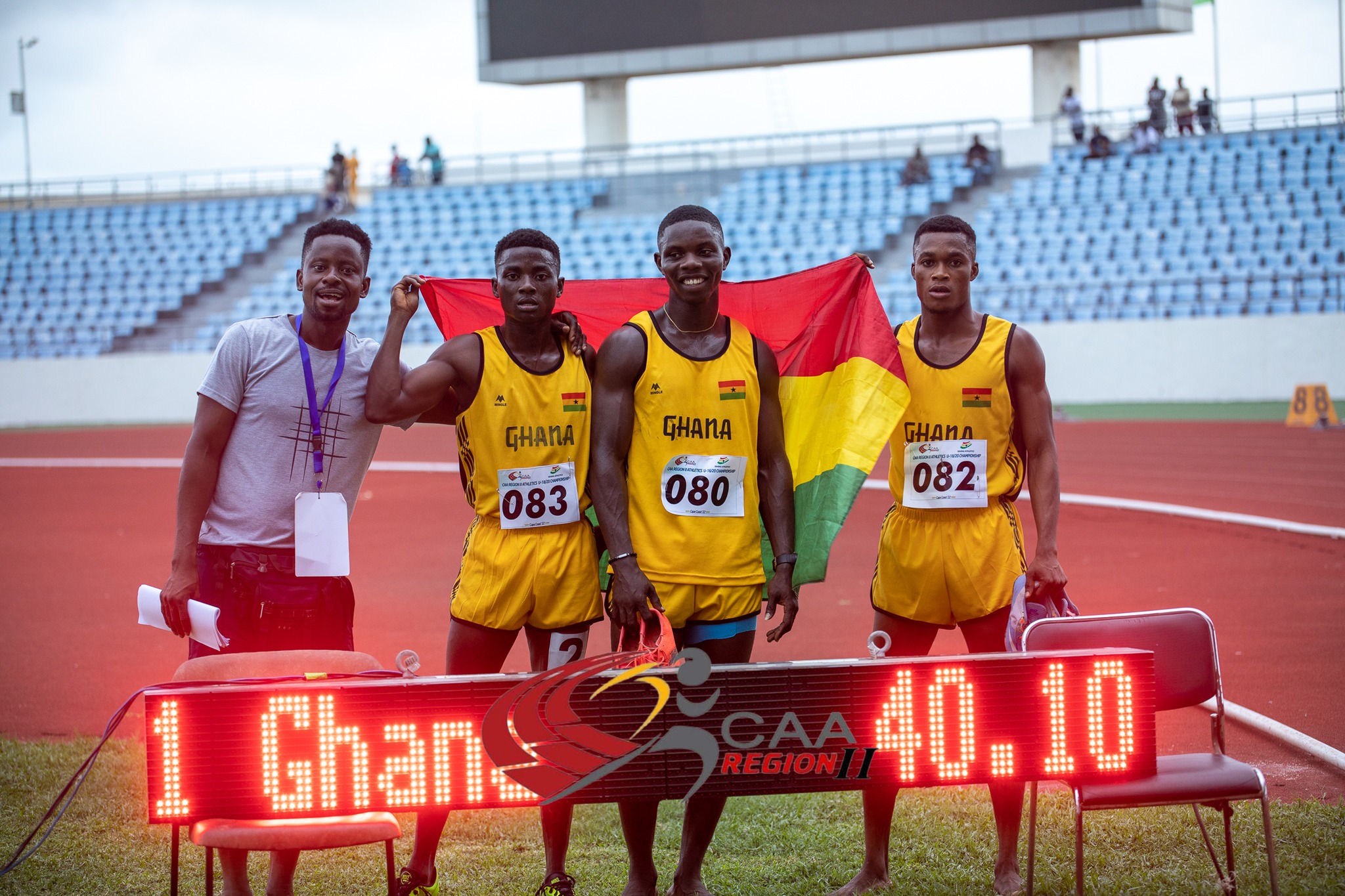In a significant development that underscores the ongoing battle against doping in sports, Romanian athlete Florentina Iusco has been ruled ineligible to compete in the upcoming Paris Olympics. This decision comes as a result of the Court of Arbitration for Sport (CAS) partially upholding an appeal by the World Anti-Doping Agency (WADA) on Thursday, following Iusco’s positive test for a prohibited substance in 2023.
Iusco, a 28-year-old athlete specializing in long jump and triple jump, found herself at the center of controversy when she tested positive for furosemide, a diuretic listed on WADA’s prohibited substances roster. The test, conducted out-of-competition in April 2023, yielded positive results in both the A and B samples, confirming an anti-doping rule violation.
Initially, Romania’s National Anti-Doping Organisation had issued only a reprimand to Iusco on February 1st, imposing no period of ineligibility. This lenient ruling was based on the assessment that the athlete was neither at fault nor negligent. However, WADA, in its role as the global watchdog for clean sport, appealed this decision to the CAS, seeking a more stringent punishment.

The CAS arbitrator, upon review of the case, determined that Iusco had failed to exercise the standard of care required for a finding of “no significant fault or negligence.” This crucial determination led to a significant shift in the sanctions imposed on the athlete.
As a result of the CAS ruling, Iusco now faces a two-year ban from competition, retroactively applied from February 1st. Moreover, all of her competitive results from April 23rd of the previous year have been disqualified. This decision stands in contrast to WADA’s original request for a two-year ban commencing from the day of the CAS decision, illustrating the complex nature of doping case adjudications.
The implications of this ruling are profound for Iusco’s career, particularly in the context of the Paris Olympics. With the athletics events in Paris scheduled to begin on August 1st, the Romanian athlete’s dreams of Olympic participation have been effectively dashed. This case serves as a stark reminder of the stringent anti-doping measures in place within the global sporting community and the severe consequences that athletes may face for violations, even those potentially unintentional.
Furosemide, the substance at the heart of this case, is a diuretic that has been on WADA’s prohibited list due to its potential use as a masking agent for other performance-enhancing drugs. While it does not directly enhance athletic performance, its ability to increase urine production can potentially dilute or conceal the presence of other banned substances in an athlete’s system.
The CAS decision in Iusco’s case highlights the complex interplay between intent, negligence, and responsibility in doping violations. While the initial ruling by Romania’s anti-doping body suggested a belief in Iusco’s lack of intentional wrongdoing, the CAS arbitrator’s focus on the standard of care emphasizes the responsibility placed on athletes to be vigilant about what enters their bodies.
This case also underscores the crucial role played by WADA and CAS in maintaining the integrity of international sport. By appealing the initial decision and seeking a more substantial sanction, WADA demonstrated its commitment to ensuring that anti-doping rules are applied consistently and fairly across all nations and sporting disciplines.
For the Romanian athletic community, Iusco’s ban represents a significant setback. As a talented jumper, her absence from the Paris Olympics will be felt not only by her team but also by fans who had hoped to see her compete on the global stage. This incident serves as a cautionary tale for athletes worldwide about the importance of strict adherence to anti-doping regulations and the potential consequences of even unintentional violations.
ALSO READ: Al Ittihad Secures French Winger Moussa Diaby in High-Profile Saudi Pro League Transfer
As the sporting world continues to grapple with the challenges of doping, cases like Iusco’s serve as important precedents. They reinforce the message that athletes at all levels must remain vigilant and proactive in ensuring they comply with anti-doping regulations. The balance between fairness to individual athletes and the imperative to maintain clean sport remains a delicate and often contentious issue.
As the Paris Olympics approach, Iusco’s case will likely prompt renewed discussions about anti-doping measures, athlete education, and the responsibilities of national sporting bodies in preventing such incidents. While the Games will proceed without her participation, the ripple effects of this ruling will continue to be felt in the broader context of international athletics and anti-doping efforts.
In conclusion, the CAS decision in Florentina Iusco’s case serves as a poignant reminder of the high stakes involved in elite sports and the unwavering commitment of governing bodies to maintain the integrity of competition. As athletes from around the world prepare for the Olympic stage, this ruling stands as a clear message about the importance of vigilance, responsibility, and adherence to the rules that govern clean sport






